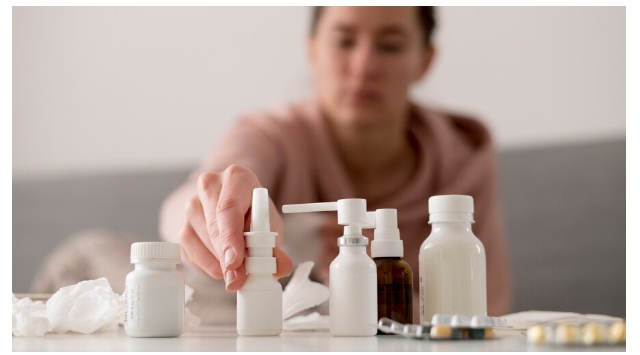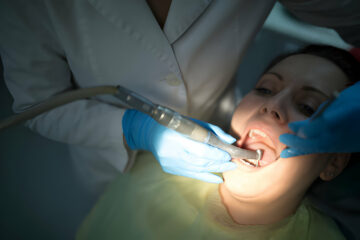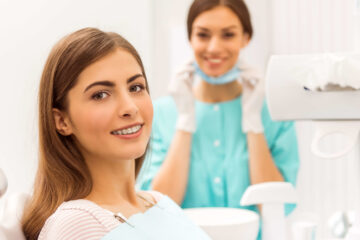Introduction
Acne is a widespread skin condition affecting millions worldwide, characterised by pimples, blackheads, and whiteheads. While treatments primarily target reducing breakouts, ensuring proper skin hydration is equally vital for overall skin health. In this guide, we’ll delve into effective strategies for hydrating the skin while treating acne, with a focus on medical grade skincare in Australia.
Australia boasts a diverse range of medical-grade skincare products tailored to address acne and maintain skin hydration. These products adhere to stringent quality standards and are recommended by dermatologists for their effectiveness in managing various skin concerns.
Understanding Acne and Skin Hydration
The Relationship Between Acne and Skin Hydration
Acne and skin hydration are intricately linked. Dry acne-prone skin can exacerbate acne symptoms by stimulating the overproduction of sebum, leading to clogged pores and increased breakouts. Additionally, many acne treatments, such as topical retinoids and benzoyl peroxide, can be drying, further emphasising the need for proper hydration.
Importance of Balancing Acne Treatment with Hydration
Maintaining a balance between treating acne and hydrating the skin is essential for achieving clear, healthy skin. While it’s tempting to focus solely on eliminating breakouts, neglecting hydration can compromise the skin’s barrier function and exacerbate acne symptoms in the long run.
Choosing the Right Skincare Products
Importance of Medical-Grade Skincare
When it comes to treating acne and maintaining hydration, the quality of skincare products matters. Medical-grade skincare products are formulated with high-quality ingredients that undergo rigorous testing for safety and efficacy. These products are often recommended by dermatologists for their ability to address specific skin concerns effectively.
Non-Comedogenic and Oil-Free Formulations
For acne-prone skin, it’s crucial to choose non-comedogenic and oil-free skincare formulations. Non-comedogenic products are less likely to clog pores, reducing the risk of acne breakouts. Oil-free formulations are lightweight and won’t exacerbate excess oil production, helping to keep the skin balanced and hydrated.
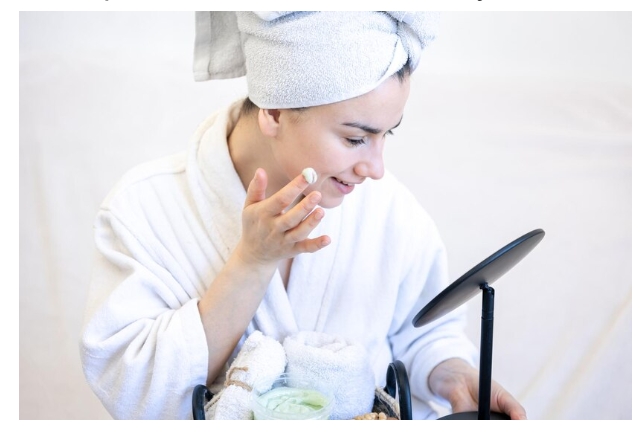
Hydration Tips for Acne-Prone Skin
Gentle Cleansing
Start your skincare routine with a gentle cleanser specifically formulated for acne-prone skin. Avoid harsh ingredients like sulphates, which can strip the skin of its natural oils and disrupt its moisture barrier. Instead, opt for a gentle cleanser that contains ingredients like salicylic acid or benzoyl peroxide to unclog pores and target acne-causing bacteria while maintaining hydration.
Hydrating Serums
Incorporate a hydrating serum into your skincare routine to replenish moisture without clogging pores. Look for serums containing hyaluronic acid, a humectant that attracts moisture to the skin, helping to keep it hydrated without feeling heavy or greasy. Additionally, serums containing niacinamide can help regulate oil production and reduce inflammation associated with acne.
Lightweight Moisturisers
Choose a lightweight, oil-free moisturiser that provides hydration without adding excess oil to the skin. Look for moisturisers that contain ingredients like glycerin or ceramides, which help to restore the skin’s natural moisture barrier while soothing inflammation and redness associated with acne.
Treating Acne While Maintaining Hydration
Targeted Treatments
Incorporate targeted treatments into your skincare routine to address specific acne concerns, such as active breakouts or post-inflammatory hyperpigmentation. Look for spot treatments containing ingredients like benzoyl peroxide or salicylic acid to help reduce inflammation and unclog pores. Additionally, consider incorporating a retinoid into your routine to promote cell turnover and prevent future breakouts while improving overall skin texture and tone.
Sun Protection
Don’t forget to protect your skin from the sun’s harmful UV rays, especially when using acne treatments that can increase sensitivity to sunlight. Choose a lightweight, non-comedogenic sunscreen with broad-spectrum protection and an SPF of 30 or higher. Look for sunscreens that contain ingredients like zinc oxide or titanium dioxide, which provide effective sun protection without clogging pores or irritating acne-prone skin.
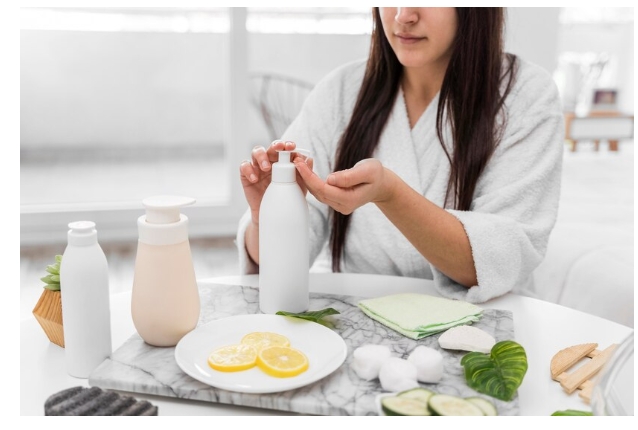
Incorporating Advanced Skincare Formulations
Role of Ingredients like Salicylic Acid, Benzoyl Peroxide, and Retinoids
Advanced skincare formulations containing ingredients like salicylic acid, benzoyl peroxide, and retinoids play a crucial role in treating acne while maintaining hydration. Salicylic acid helps to unclog pores and exfoliate dead skin cells, preventing breakouts. Benzoyl peroxide kills acne-causing bacteria and reduces inflammation. Retinoids promote cell turnover, preventing clogged pores and reducing the appearance of acne scars.
Maintaining Consistency and Patience
Importance of Consistent Skincare Routine
Consistency is key when it comes to achieving clear, healthy skin. Establishing a daily skincare routine and sticking to it can help to effectively manage acne and maintain hydration over time. Remember to cleanse, treat, moisturize, and protect your skin consistently to see the best results.
Managing Expectations and Being Patient
Achieving clear, radiant skin takes time and patience. While it’s tempting to expect instant results from skincare products, it’s essential to manage your expectations and understand that noticeable improvements may take several weeks or even months. Be patient with your skincare routine and give your skin the time it needs to respond to treatment.
Conclusion
Balancing acne treatment with skin hydration is essential for achieving clear, healthy skin. By choosing the right skincare products, incorporating hydration tips for acne-prone skin, and incorporating advanced skincare formulations, you can effectively manage acne while maintaining optimal skin hydration. Remember to be consistent with your skincare routine, manage your expectations, and be patient as you work towards achieving your skincare goals.

